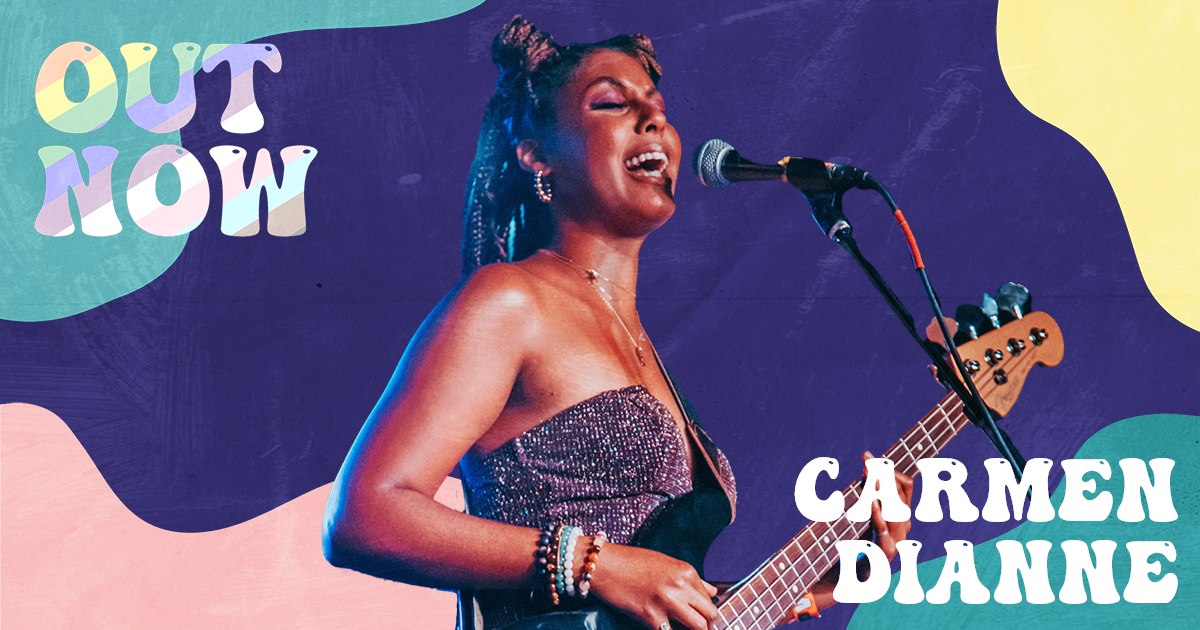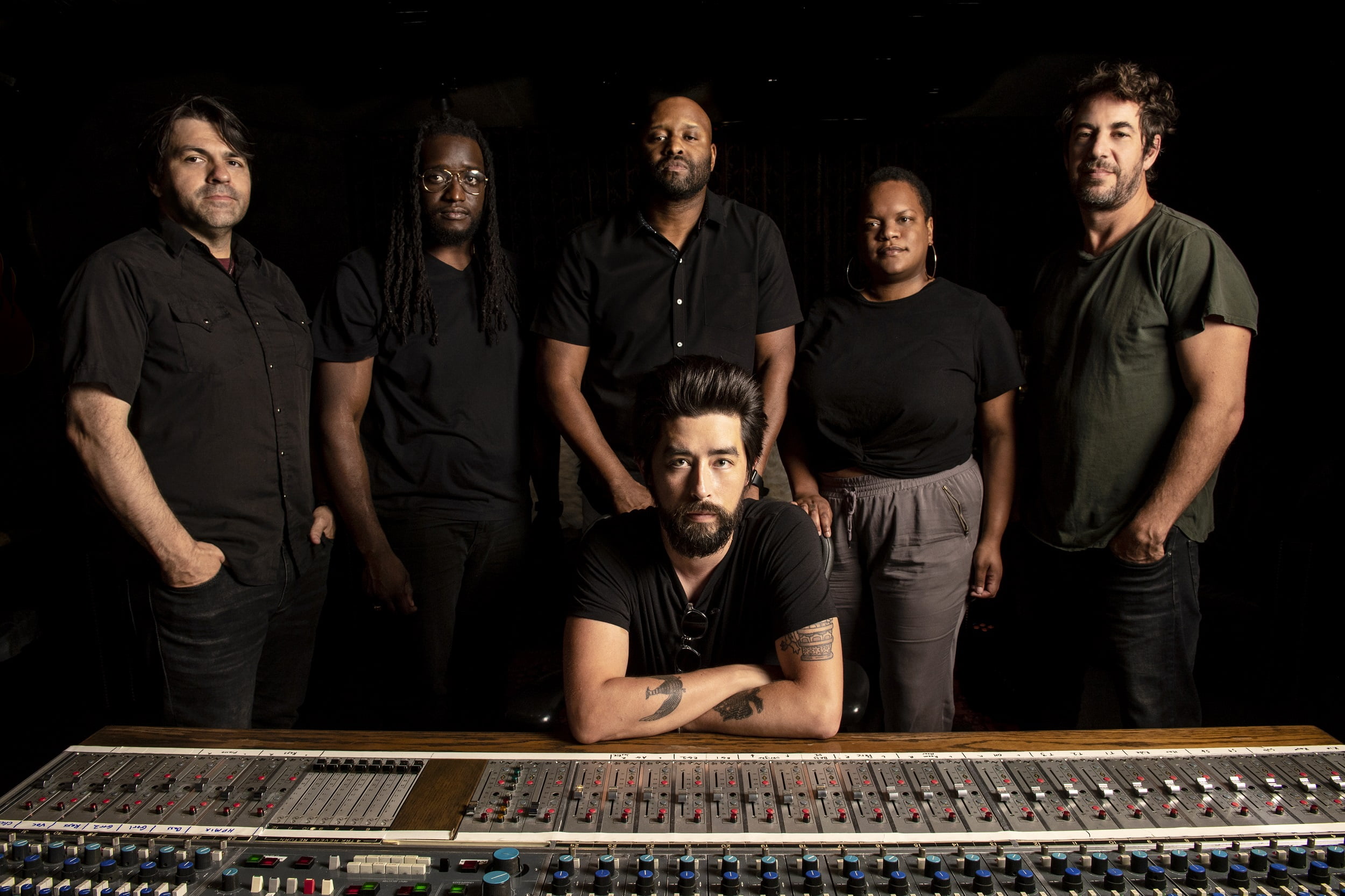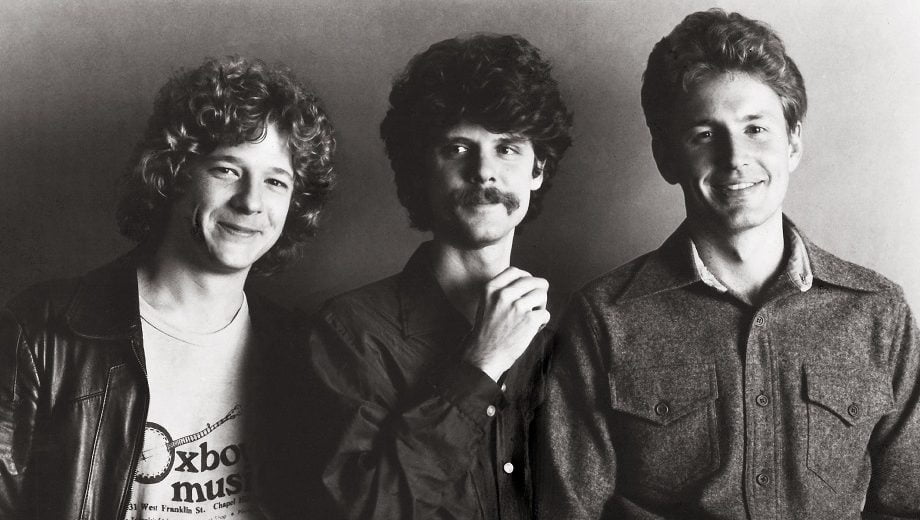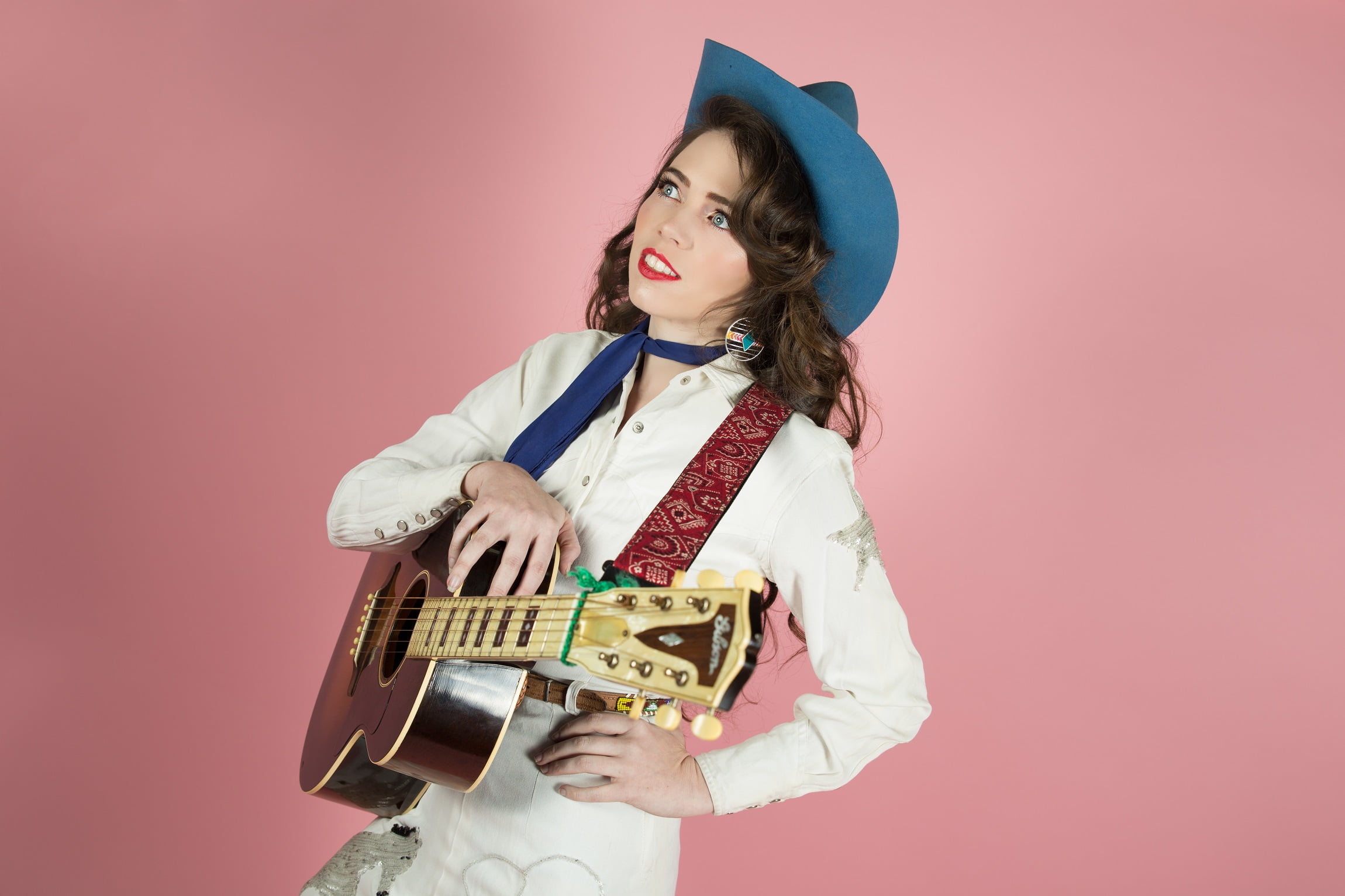Carmen Dianne is unlike any artist you’ve heard before. Her vocals are powerful, her lyrics and melodies are engaging, and her stage presence and unique instrumentation will leave you wondering if you’re witnessing just learned talent or also a little bit of magic. Carmen is one of an extremely small number of artists who accompany themselves on electric bass while they sing. This is especially challenging, because bass lines often vary greatly from the rhythms of a song’s melody. This coordination is a remarkable act of multitasking. Artists have to be incredibly proficient both as a vocalist and a bassist to pull this off. And Carmen, drawing inspiration from Esperanza Spalding – a well-known singer-songwriter who accompanies herself on upright and electric bass – does so with mastery.
Carmen is an artist I’ve been promoting for years. She took the stage at Queerfest 2022 and absolutely blew the audience away with her phenomenal performance. I’m excited to have Carmen at our show this Saturday, February 24, at Dee’s Country Cocktail Lounge in Nashville. In addition to Carmen’s set, this show features two other phenomenal LGBTQ+ identifying artists that we’ve also featured in Out Now, Brittany Ann Tranbaugh, and Liv Greene
What’s your ideal vision for your future?
Carmen Dianne: My ideal vision for the future is to make a living creating and singing fun, meaningful, and honest music for people like me. I have a hard time answering this question, because I don’t ever want to ask for too much or seem ungrateful since I feel like I’m living my dream already, but I’ve been trying to focus on dreaming bigger lately. But if I can share my biggest dreams without jinxing them, I want to write hit songs that make LGBT people feel at home, make Black people from Podunk, Wherever, USA feel seen, make a way for female musicians in male rooms, and make the kind of music that I hope Whitney Houston would have made had she been allowed to fully be who she was. And a Grammy — a Grammy would be nice too.
What is your greatest fear?
My greatest fear is never reaching my potential or wasting my time!
What is your current state of mind?
I’ve been seeing a lot of angel numbers lately and I’ve just been feeling a big shift coming, and now I feel like it’s finally here. Right now I’m dealing with a time of transition that’s making me focus on transforming into a better version of myself. And it’s really hard. I always feel tired, and it’s hard reminding myself that every little bit I do is enough for that day.
What would a “perfect day” look like for you?
A perfect day for me would look like waking up with the sun, putting on some tea and free writing and setting my intentions for the day, working on music admin stuff like promo and content strategy for a new song rollout while I play with my dog, go to lunch with friends, having a co-write with friends, maybe going to a yoga or pilates class, and going to a gig in the evening before going out to a bar with friends.
Why do you create music? What’s more satisfying to you, the process or the outcome?
The process of writing is more satisfying for me than the outcome, many times over. The process of writing helps me to process my emotions and helps me to find the truth in how I’m feeling. You can’t really ever get closure from another person, but you can always give yourself closure by writing the end to your own story.
Do you create music primarily for yourself or for others?
When I write music, I’m thinking about two things: One, how I feel, and two, how it’ll make others feel. I’m deliberate about making songs that feel like a warm hug for people like me who just aren’t welcomed in all spaces.
What’s the best advice you’ve ever gotten?
The best advice I have ever gotten was not to give a fuck what anybody else thinks and to be yourself as recklessly and unapologetically as you can. I met SZA in an airport once (pre-Ctrl) and she told me that. The love yourself recklessly part is from a bellydancer I interviewed for a human-interest article named Portia Lange.
Who are your favorite LGBTQ+ artists and bands?
Janet Jackson, Brittany Howard, Kehlani, Tracy Chapman, Meshell Ndegeocello, Esperanza Spalding, Whitney Houston, Syd, Rina Sawayama, Victoria Monet, Janelle Monae, Teyana Taylor.
What has it been like for you to watch Nashville change and become more inclusive over the years?
With the changes Nashville has seen in the last few years, it’s just felt like a whole new world has opened up to me. This is not the same Nashville I grew up in where my 4th grade language arts short stories were handed back with no grade, because the teacher didn’t believe a Black child could have written them. This isn’t the Nashville that kicked me out of the gifted program, because a Black child couldn’t have made that presentation on nebulae. Nor is it the Nashville that has told me they love me but don’t approve of me, that I can sit in the church building, but I won’t ever belong. It’s a Nashville that recognizes nuance and recognizes the person inside. And I’m forever grateful for that.
You are one of few artists who play bass guitar while they sing, and do both incredibly well. How did you develop this style/set up?
I absolutely idolized Esperanza Spalding. So, I’ve always thought playing bass and singing and writing songs was the coolest thing somebody could do. How I actually got good at it is a different story. For me, learning to play and sing bass was a little different than learning to play and sing piano. Piano comes more naturally, because you’re playing the same rhythm that you’re singing, but with bass, the rhythm of the bass line often weaves in and out that of the melody. So you’ve got to learn how to split your brain in two. Fortunately for me, as someone with ADHD, splitting my attention is something I’m very skilled in. I often play bass and watch TV at the same time, and that strengthens my ability to multi-task.
You have a phenomenal, distinct voice and you have so much control over it. What has your journey been to become such a proficient vocalist? Do you still dedicate a lot of time to developing that practice?
Thank you, Sara!!! I think a huge part of my vocal control comes from growing up in a very traditional, some might say orthodox, denomination of Christianity called the Church of Christ. In addition to believing it is the only one and true church, the Church of Christ also does not believe in using instruments during worship. Although its emphasis on tradition and outright refusal of any modernity in instrumentation, decoration, and lifestyle of course comes with its caveats, what’s nice about it is that songs from the 1880s are preserved and performed exactly as they were back in the day. The Church of Christ shaped my voice, it shaped my worldview, and it also shaped my knowledge and understanding of music.
The Black Church of Christ, specifically, tends to sing many of the same songs and spirituals that we did during slavery. It was hard growing up in the Church of Christ for a number of reasons, but I will always be grateful for the understanding of American musical history that it gave me. Without it, I would not be able to meander my way around gospel, blues, country and R&B the way I do, because all of these genres comes back to a cappella voicings and progressions that were born right alongside our country and paint a sonic history of who we are.
And as far as becoming a proficient vocalist beyond that, I just sing every day and put my heart into it every day. I don’t carve out time for singing, because it comes out of me when it wants to and because I love it, that’s often. And that’s all. Now, I’m working more on my showmanship when getting out from behind the bass, and that involves a lot of singing with a hairbrush in the mirror the same way it did when I was a little girl. Nothing really changes too much, and that’s a good thing.
Photo courtesy of Queerfest.



